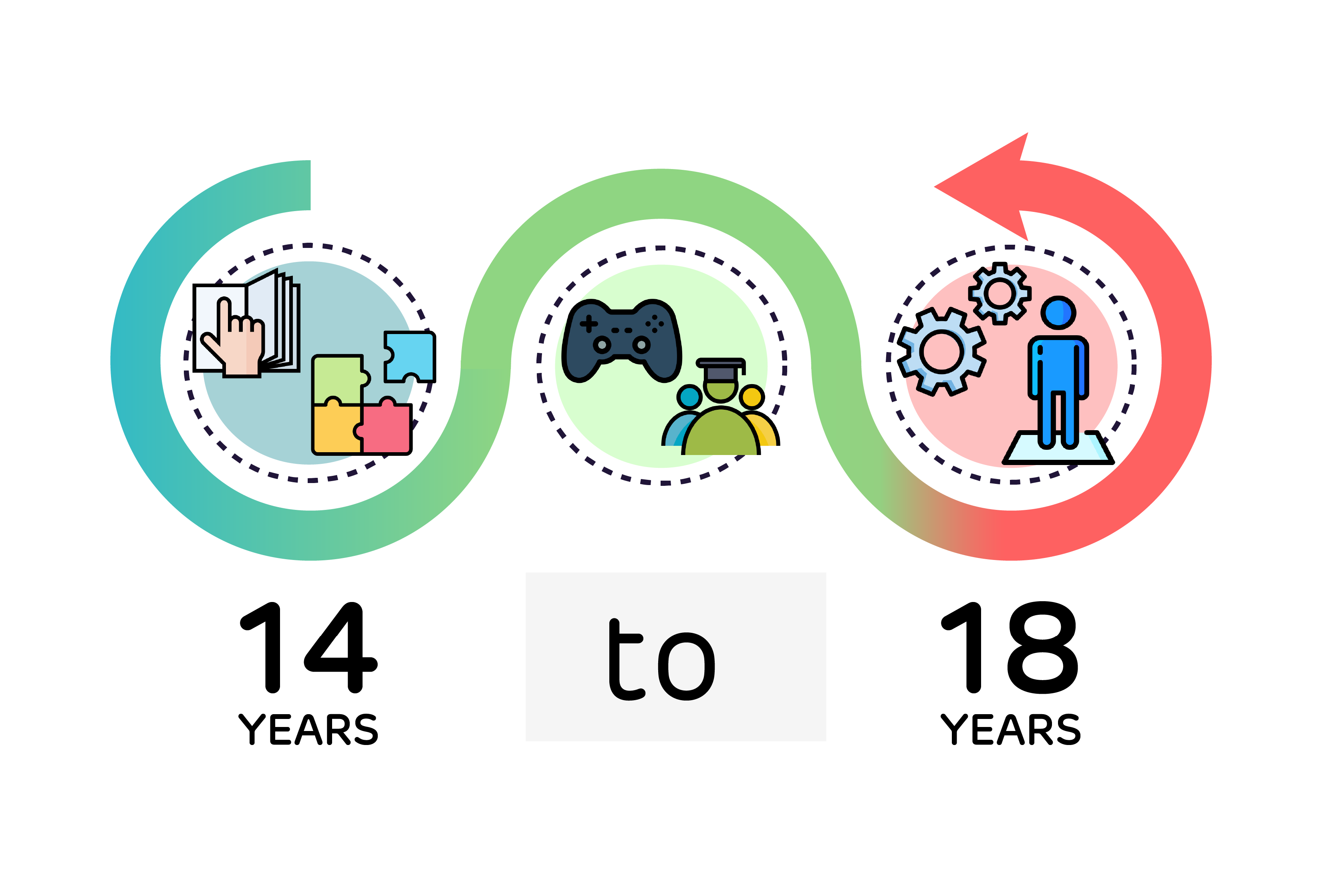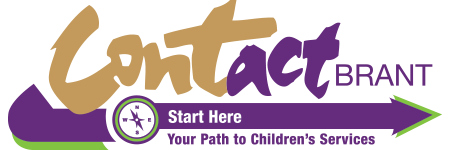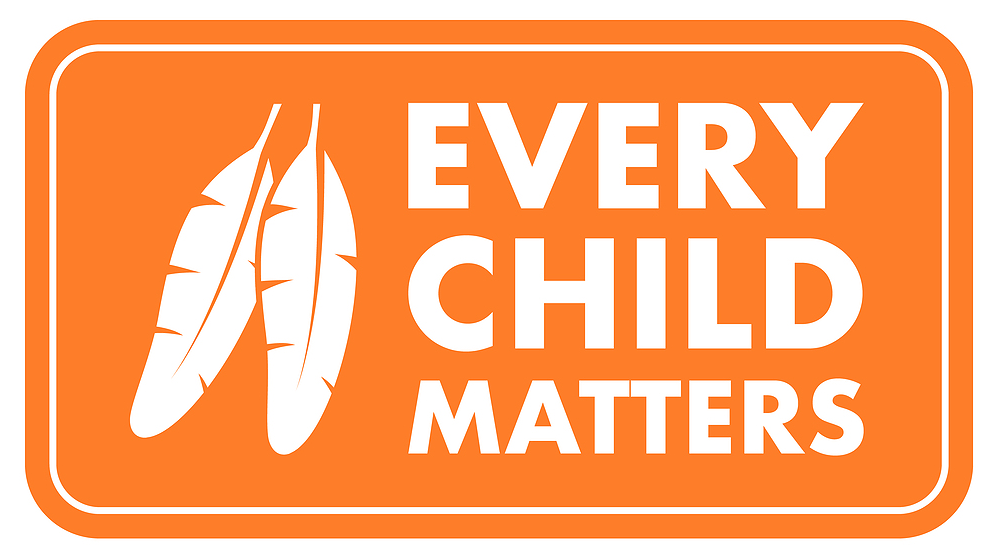What is Transitional Aged Youth Planning?
There are key transition points in every child’s life, such as the transition into school, change in classrooms or teachers, starting secondary school, and graduation from secondary school. Life events such as the birth of a sibling, family moving, separation, etc. can also affect a child or youth.
The transition to adult services at age 18 is especially an important one because there will be significant changes in services and school. Early planning for this transition, starting at least by age 14, is supported by Contact Brant as well as your school and community services. Planning includes thinking about what the youth and their family would like for the future, including living arrangements, connections to family and friends, employment and leisure activities. The most successful transitions happen when youth, their family, school and services work together to develop a plan for the future and build skills that will help the youth participate fully in their community as an adult. There are many resources to help you plan for this transition.

Transitional Planning
Transitions can be especially challenging for children and youth with special support needs, including developmental disabilities, Autism, mental health concerns, medical and physical conditions. There are Service Coordination supports for families to help plan for successful transitions. Call Contact Brant for more information.



